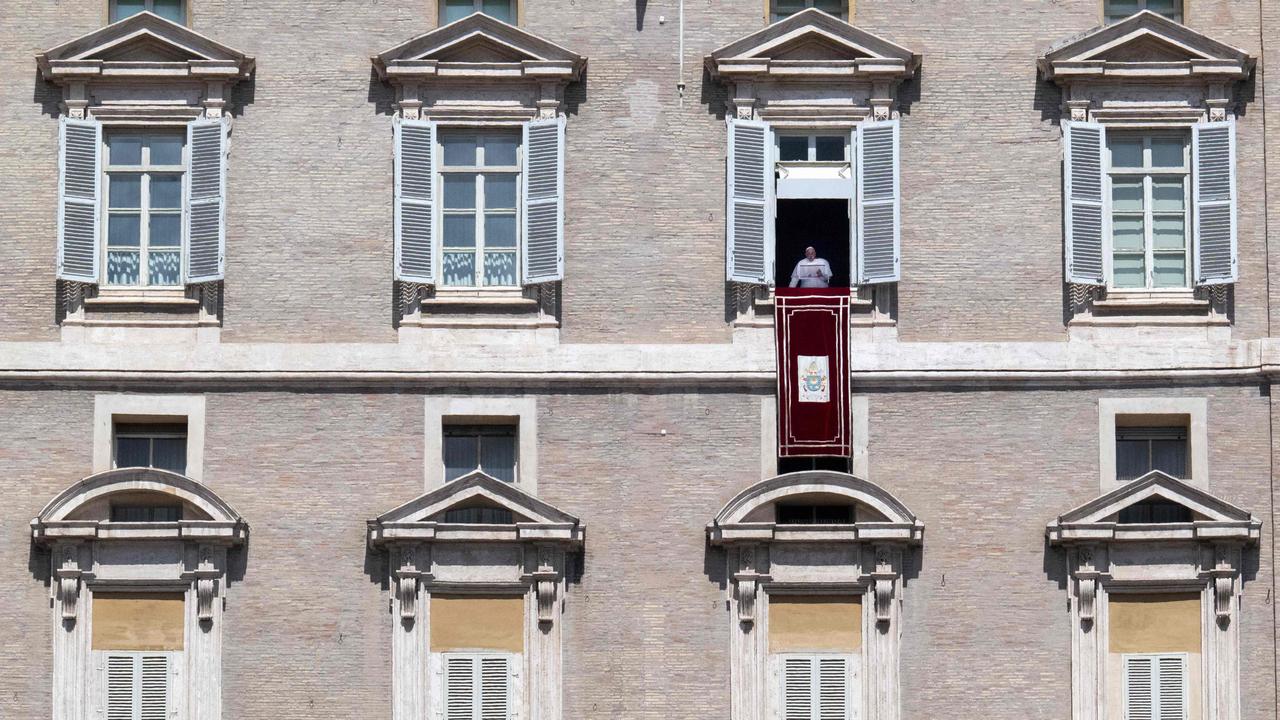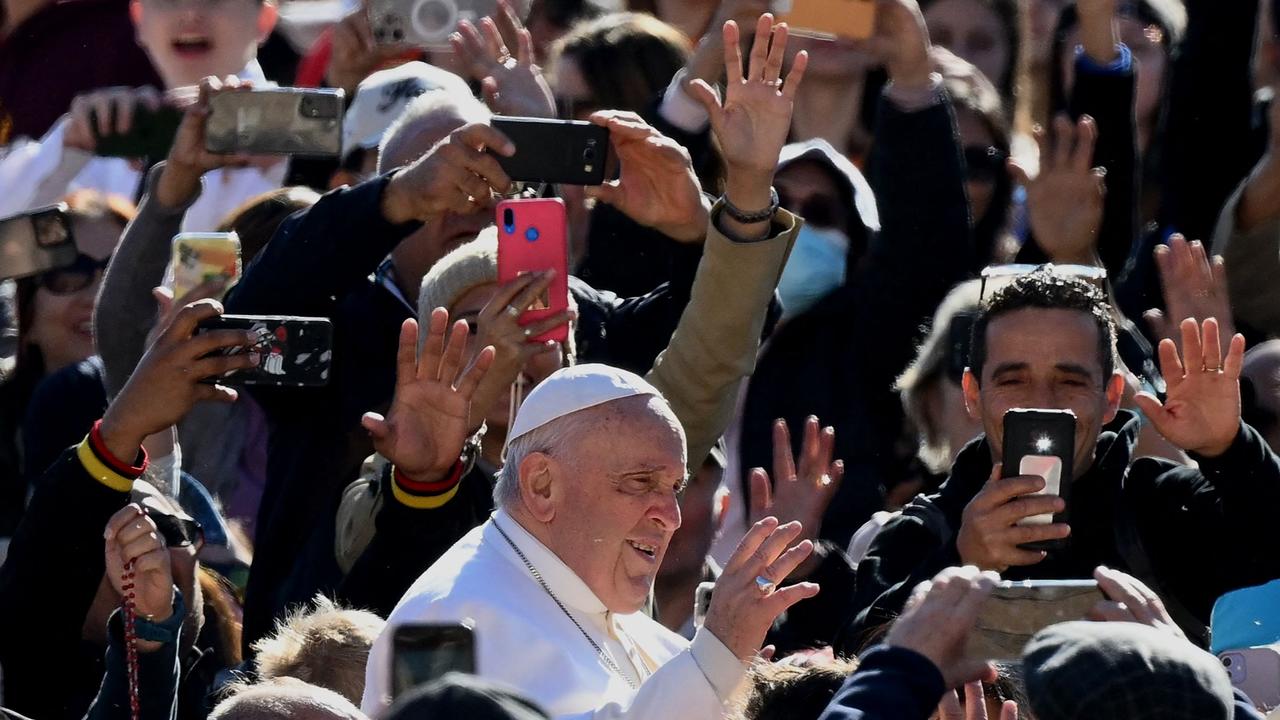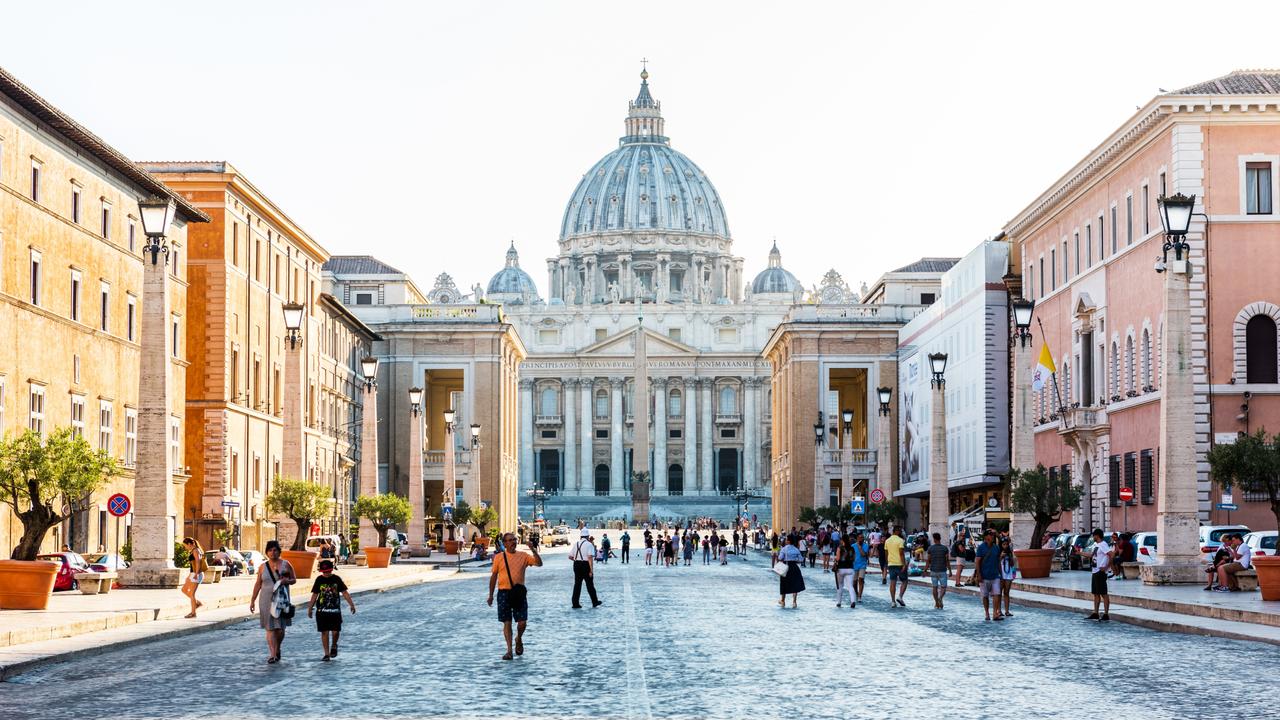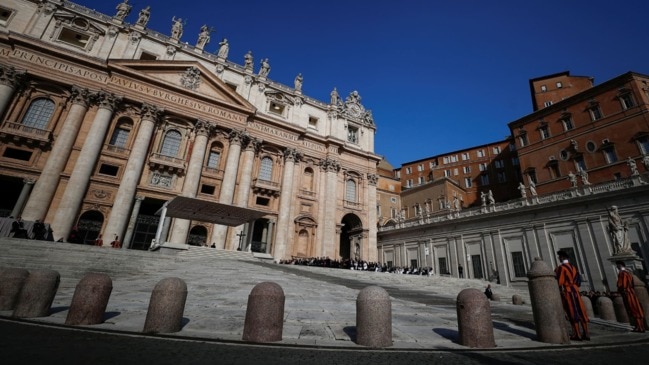Papal ‘mea culpa’ only weakens the West
A few weeks ago, in one of those outbursts of self-flagellation that characterise the age, the Papacy formally apologised for its role in promulgating the “Doctrine of Discovery”.
Issued jointly by the Papal Dicasteries for Culture and Education and for Promoting Integral Human Development, the apology, which purports to reflect “respect for the facts of history”, referred to the contention that “the basis of the ‘doctrine’ is to be found in several papal documents, such as the Bulls Dum Diversas (1452), Romanus Pontifex (1455) and Inter Caetera (1493)”.
While claiming that those “documents have never been considered expressions of the Catholic faith”, the Dicasteries castigated them for “not adequately reflecting the equal dignity and rights of indigenous people”.
Now, were the Dicasteries to remorsefully condemn every statement the Papacy made in the Middle Ages that offends contemporary standards, they would be fully occupied until the end of time. But even putting that aside, the most startling feature of the apology is its failure to properly grasp the significance of the doctrine, and of the debate it provoked.
The doctrine, which the Dictaseries describe incorrectly, centred on the principle that the discoverer of a new land is entitled to its possession, with the papal bulls attributing those rights in the Americas partly to the Portuguese crown but mainly to that of Spain.
The bulls, in other words, defined a general legal principle, derived from the Roman law of property, and used it to determine the legitimacy and allocation of European dominion over the new world.
That was surely remarkable. After all, medieval Islamic law regarded the conquest and subjection of non-Islamic territory (that is, of territory in the “dar al-harb” or “house of war”) as not merely legitimate but as each Muslim’s duty. In contrast, the bulls reflected the belief that every action of a Christian sovereign, including territorial expansion, had to rest on a rational legal basis.
Yet remarkable as that was, even more remarkable was the fact that the period’s most eminent scholars savaged the papacy’s proposed justification.
As early as 1511, barely two decades after Europeans had arrived on the island of Hispaniola, the Dominican Antonio de Montesinos delivered a sermon in which he told the incredulous settlers that by violating the rights of the Indians they had jeopardised their immortal souls. But de Montesinos’ criticisms paled compared to those of the towering theologians and lawyers of the University of Salamanca, which was the unquestioned centre of Catholic learning.
Led by Francisco de Vitoria (1483-1546), they derided as “worthy of laughter and mockery” the contention that the new world was in the pope’s gift. As for the doctrine of discovery, it was patently absurd, since it implied that the American Indians could have legitimately seized Europe, and dispossessed its inhabitants, “if instead of discovering them, they had discovered us”.
Rather, the learned doctors said, the extension of Spanish dominion would only have been legally justified if the new territory was completely unoccupied (in which case it could, under Roman law, be considered “res nullius”) or, failing that, populated by creatures devoid of reason. Both propositions, they noted, were obviously false, given the presence in the Americas of human beings who, even if some lived in primitive tribes, had undeniably been made in God’s image.
And since “all men are born free and endowed with natural reason”, the Indians possessed “true dominion, both in public and private affairs” over the lands the pope purported to own and cede.
Those criticisms proved so powerful that by 1629, judge Juan de Solorzano y Pereira, Spain’s pre-eminent authority on the law of the Americas, could dismiss the doctrine of discovery as being merely “of antiquarian interest”.
It is consequently unsurprising that the Salamanca School’s assault on the doctrine resonated through the centuries, with that staunch anti-imperialist, Doctor Samuel Johnson, telling James Boswell, his faithful amanuensis, in 1763 that “I love the University of Salamanca, for when the Spaniards were in doubt as to the lawfulness of conquering America, the University of Salamanca gave it as their opinion that it was not”.
And is unsurprising too that the school’s assertion that Christendom and the “pagan and barbarian” world had exactly the same rights in the eyes of God was a pivotal moment in the development of the “ius gentium”, the law of peoples, and its transformation into a law of nations based on equal respect.
That principle of equal respect was uniquely European: the Confucian equivalent of the “ius gentium”, to take but one example, assumed all other nations stood in relation to China as a child stands to a father, who is owed deference, obedience and tribute.
However, no one could claim that the process of European expansion invariably put the principle into practice: there was, on the contrary, frequent backsliding, all too often accompanied by a yawning gap between ideals and realities. That was, perhaps, inevitable: the arguments of Vitoria and his successors were moral ones, and as Vitoria well knew, rulers rarely act on moral principle. All kings, he told a correspondent, think “from hand to mouth”, responding to greed and expediency rather than morality.
But there is more than a grain of truth in G.W.F. Hegel’s dictum that once they were unleashed upon the world, Western civilisation’s great ideals – freedom, equality, the rule of law – “found a way of making their way”, picking up the pieces after each of history’s horrors and setting out anew.
Defining norms that opened every action to rational criticism, those ideals lifted themselves by their bootstraps, elevating our standards with them.
That was the real significance of the Doctrine of Discovery and of the great “Debate of the Americas”. As China and much of the Islamic world slid into intellectual conformity, the papal bulls, flawed as they were, claimed legitimacy not on the basis of divine authority but of law and reason; and because they were based on those norms, the flaws could be rationally exposed and new, sounder, principles developed.
Even so, in a society which viewed controversy with suspicion, challenging the papacy took enormous moral courage. Vitoria and his clerical colleagues found it in their faith and learning. One might have thought that and its fruits well worth celebrating, first and foremost by the church to whom they devoted their lives. Instead, in their rush to apologise, the Dicasteries ignore it completely.
The West has no monopoly on historical sins; what it does have nowadays is an unquestionable monopoly on apologetic simplifications which, by misrepresenting the past, impoverish the future. As the vultures circle over the Western intellectual tradition, that gives only the dictators cause to rejoice.




No comments:
Post a Comment